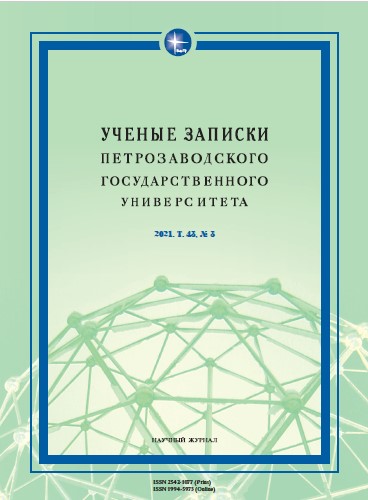НЕСОСТОЯВШИЙСЯ ДИАЛОГ: «ВЕСНА В ФИАЛЬТЕ» В. НАБОКОВА И «ГЕНРИХ» И. БУНИНА
FAILED DIALOGUE: NABOKOV’S “SPRING IN FIALTA” AND BUNIN’S “HEINRICH”
Author(s): Ekaterina V. Volkova, Zoya S. ZakruzhnayaSubject(s): Comparative Study of Literature, Russian Literature, Theory of Literature
Published by: Петрозаводский государственный университет
Keywords: Vladimir Nabokov; Ivan Bunin; “Spring in Fialta”; “Heinrich”; novella; motif of the road; modernism;
Summary/Abstract: The article provides a comparative analysis of two stories, Ivan Bunin’s “Heinrich” and Vladimir Nabokov’s “Spring in Fialta” (“Vesna v Fial’te”), traditionally considered from the point of view of dialogical interaction, since Bunin’s text is a kind of an “answer” to his younger contemporary. The hypothesis of this study is that this dialogical interaction in fact did not take place. Despite the obvious plot similarity, the texts differ in their genres and concepts. These differences are traced for the first time in five interrelated aspects: element of surprise, female characters, the image of Russia, the motif of the road, and the ending of the narrative. The comparison also deals with the analysis of the image of the circus in Nabokov’s text in comparison with the image of the carnival in Bunin’s story, as well as the analysis of the titles of both texts. Bunin’s work is a novella, where the center of the representation is a description of failed love, suddenly interrupted by the intervention of fate. This intervention results in death, after which there is nothing – which is the tragic outcome of the plot development, traditional for Bunin. Nabokov’s text is a modernist short story based on a game with its reader. The center of the author’s view here is overcoming death through creativity. The new reality created by memory and imagination becomes the main value; something artificial created by a human replaces real Russia, and compensates for failed meetings with the beloved woman and untraveled roads. The fictional “life material” is processed by the storyteller in the act of creation. The novella loses its genre identity, turning into a short story. Bunin’s “answer” loses the subject of the dialogue: the semantic emphasis here remains on tragic matters – love and death – which correlates with the traditions of Russian literature.
Journal: Ученые записки Петрозаводского государственного университета
- Issue Year: 43/2021
- Issue No: 3
- Page Range: 71-78
- Page Count: 8
- Language: Russian

